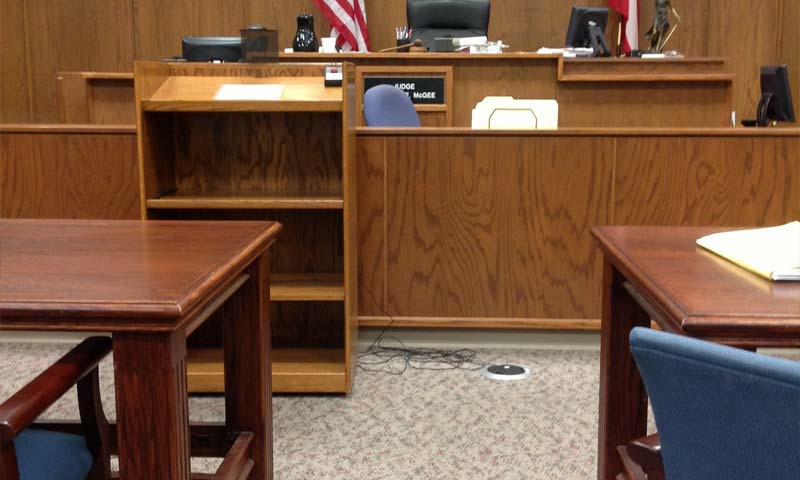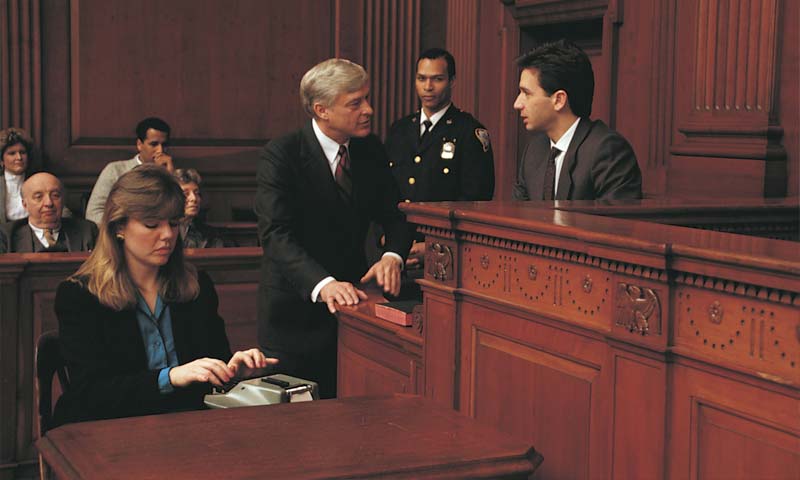Opiates
OxyContin Possession
When it comes to Illinois state law, drug crimes are some of the most harshly punished around. In fact, possession of a controlled substance in Illinois is a felony criminal offense, which means that you could find yourself facing prison time and steep fines if you were to end up on the wrong side of drug law. This is all set forth in the Illinois Controlled Substances Act, 720 ILCS 570/1 et seq. With felony offenses, the typical sentence is at least one year of prison time – but depending upon the type of drug and the amount you are carrying, you could end up with much more prison time as well as several hundred thousand dollars’ worth of fines.
If you are being investigated for drug possession in Illinois, it is incredibly important that you reach out to an experienced criminal defense attorney today who can help ensure that your rights are upheld. The longer that you wait to speak with one, the more time they lose when it comes to scrutinizing your case and constructing the best possible defense. You should consider contacting a criminal defense attorney familiar with Illinois criminal law. Drug Possession lawyer Brian G. Hiatt, attorney at law, understands how to handle drug possession and distribution charges, and will work hard to ensure that you receive the least serious charge possible.
Opiates and Illinois Drug Law
In Illinois, drug laws exist to help classify controlled substances in a total of four categories – I through IV. These “schedules” correspond to the seriousness of the drug in question and their corresponding penalties and the crimes associated with them. Opiates tend to be abused in prescription drug form and therefore are classified in Schedules II through IV. Are you curious about these different schedules and what they mean? Let’s take a closer look below.
Schedule I: Drugs are controlled substances for which there is not an accepted medical use. These drugs are also highly likely to be abused – and because they have no accepted medical use, the penalties associated with them tend to be harsher than other drug categories.
Schedule II: Drugs are drugs for which there exists an accepted medical use, however the drugs are often abused and are also highly addictive. Drugs like this include amphetamines, Fentanyl, morphine, and opium.
Schedule III: Drugs are drugs for which there exists an accepted medical use and the drugs are less frequently abused. These are less dangerous than Schedule I or II drugs, and include things like ketamine, codeine, and anabolic steroids.
Schedule IV: Drugs are drugs for which there exists an accepted medical use and the drugs have a lower potential to be abused than Schedule I, Schedule II, and Schedule III drugs. They might still be addictive over long-term use, but they are not considered “highly addictive”. These drugs include Valium, Xanax, and Phenobarbital.
Drug crimes in Illinois can range from a misdemeanor through a Class X felony, and can lead to anywhere from probation to decades in prison. The deciding factor really depends upon the amount of the drug in your possession as well as the kind of drug. If the drug was an opiate that is classified as a Schedule II drug, for example, you could face a felony conviction and spend years in prison. You might also find yourself having to pay expensive fines. And if you were found with a large amount of the drug in your possession, you could also be charged for distribution of the drug. Should that happen, the stakes regarding your prison time and fines are dramatically increased.
Charged With Opiate Possession?
If you are facing an investigation thanks to opiate drug possession in Illinois, reach out to an experienced attorney today. Brian G. Hiatt, attorney at law, can help determine how best to defend you in a court of law and will do everything in his power to ensure that you receive the most favorable sentence possible. Contact him today at 815-304-5441 for a consultation.




















